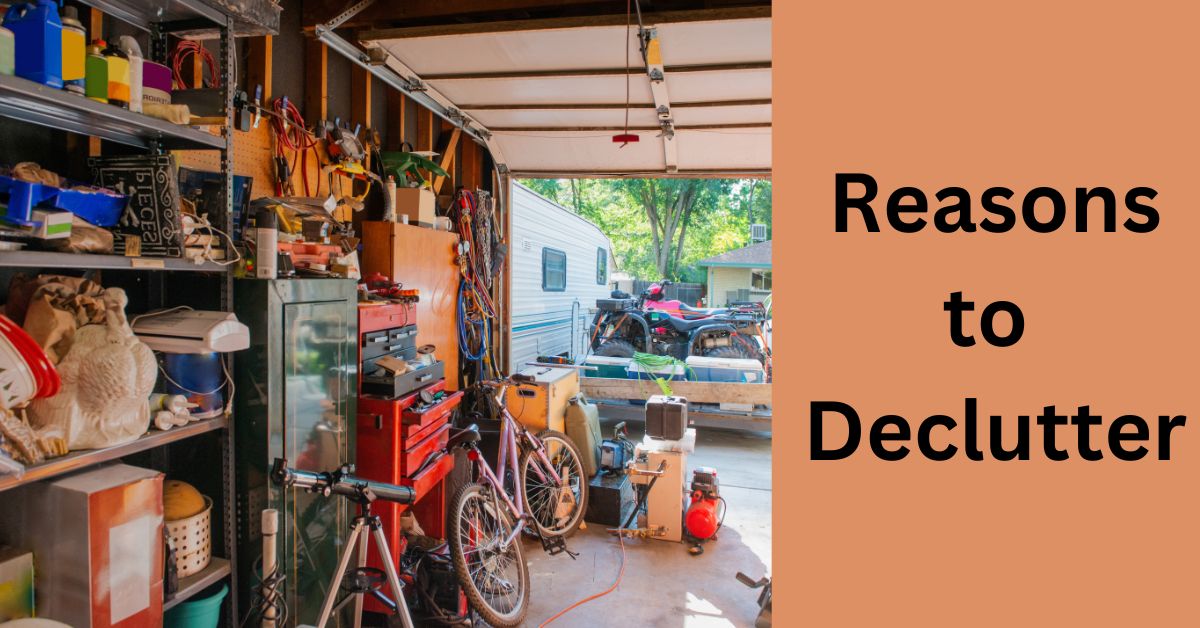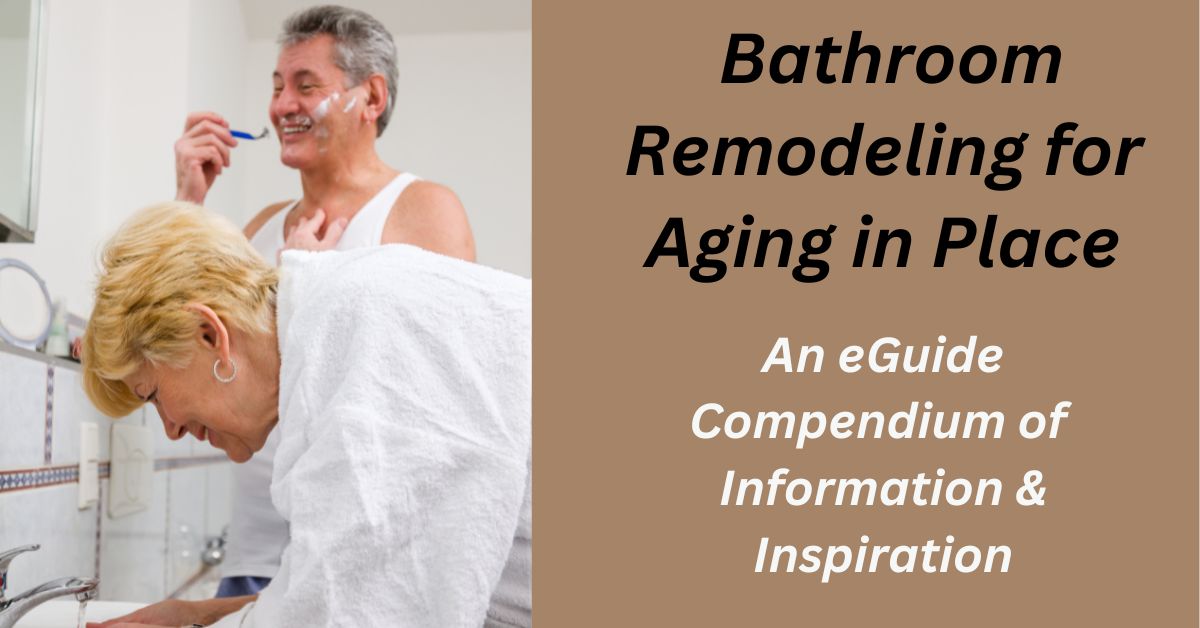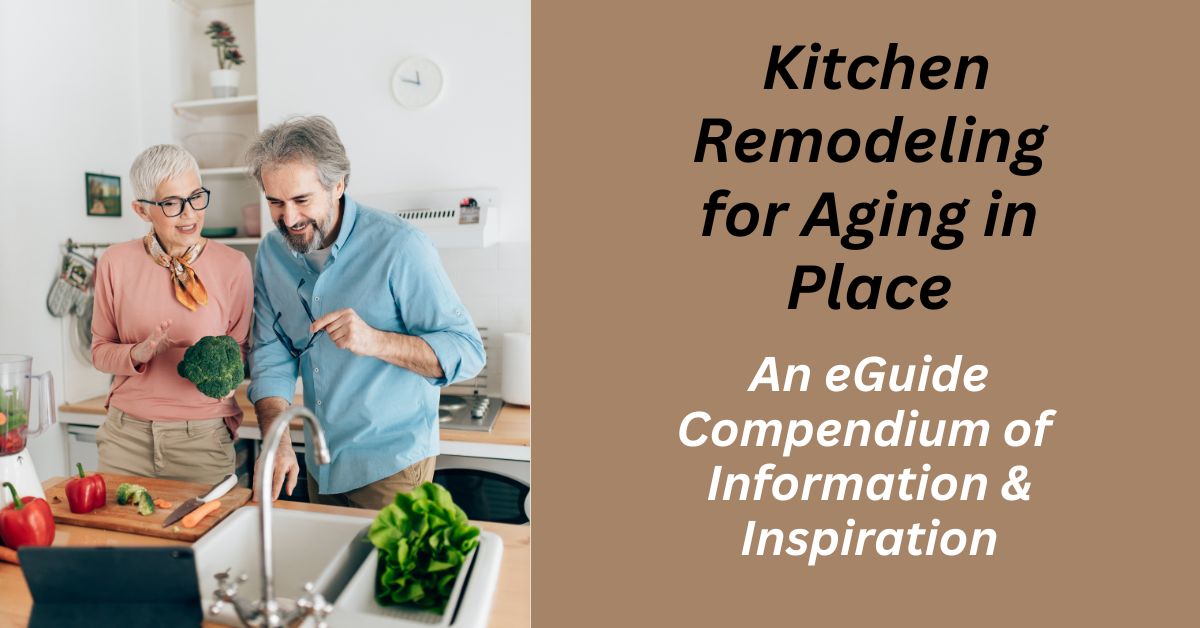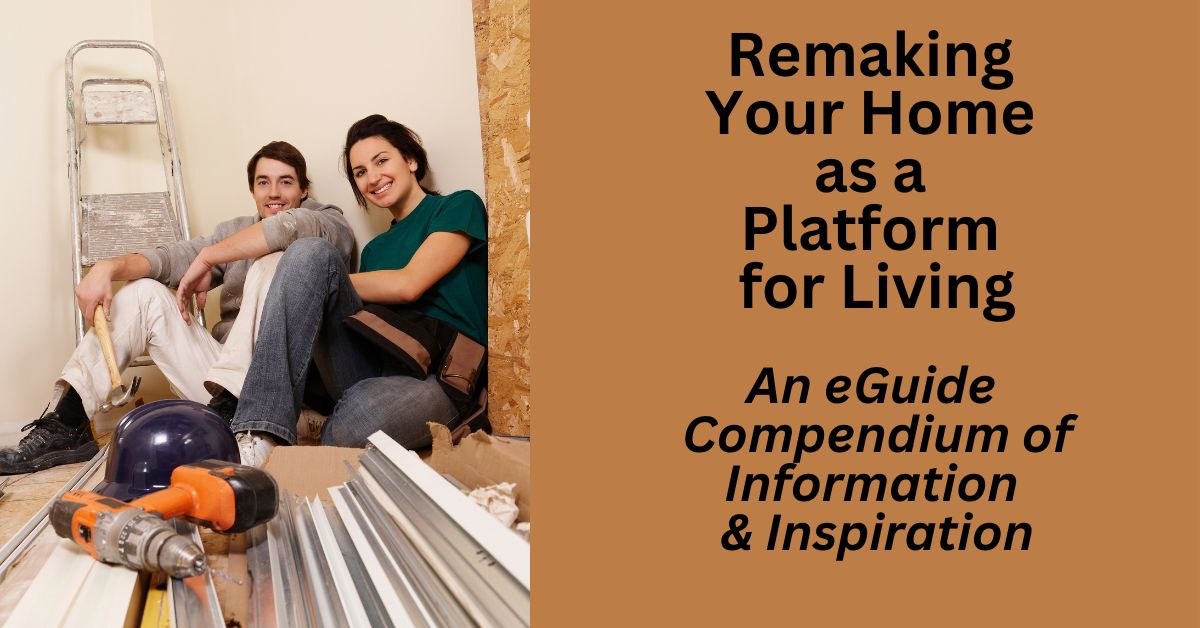Table of Contents
Planning a remodel? See the full Holistic Home Remodeling Guide on Amazon →
Note: If you came to this post on reasons to declutter through a random search, please click on this parent page and our home page for more context.
There Are Many Reasons to Declutter
Decluttering is good for you on many different levels, including reduction of stress, lifting of spirits, reduction of effort, better air quality, better home safety, better budget management, and even better work performance. It is also good for the community.
Home Decluttering Is Good for Us All Round
Home decluttering is all the rage, and it should be. It makes for a healthy living environment both physically and mentally. And, of course, if you are selling your home, decluttering is an essential part of the process.
What Is Clutter?
Clutter is anything in our living environment that is messy, untidy, and not in its proper place. And, whether we know it or not right now, that proper place is not necessarily within our home. Clutter is a distraction.
It is stuff that is in our way, either physically or mentally, or both. And we need to get to grips with it. And the main point is that we know what clutter is and we know where it is. It’s either in plain sight or it’s stuffed out of sight in a closet. But it reminds us as soon as we open the closet door.
Clutter weighs on us because it reminds us of our neglect. It is something we know we should have dealt with but we didn’t. So we feel subconscious guilt about it.
The Medical Profession’s Take on Clutter
According to the Mayo Clinic, there is research to the effect that decluttering is not just good for the management of the space we live in, but it is also good for our mental well-being.
On a micro level, the research results recommend taking a regular timeout at the end of each day to tidy things up. Clear your computer desktop and put stray things away.
On a macro level, research by UCLA indicates that people who live in a cluttered environment have much higher levels of the stress hormone, cortisol, than people who live in a clutter-free environment. And too much cortisol can lead to stress and even depression.
According to the research, this phenomenon affects women much more than men. It found that the more disorganized a woman’s living space is, the more stress she feels.
Circular Effect of Clutter and Stress
Research by Prevention magazine suggests that there is a self-perpetuating circular relationship between clutter and stress.
When stuff is piled up in disarray around our home, we feel stressed out by it because we know we should be dealing with it. But it’s overwhelming, and we don’t know where to start.
So we get paralyzed by the feeling and do nothing. In the meantime, the clutter just grows. And so the circle turns.
There is also a mirror relationship between a neat and ordered home environment and a clear and tranquil mind. And there is additional research showing that a well-ordered home environment leads people to make healthier choices.
It’s Mentally Hard to Get Rid of Stuff
Psychology Today references research at the Yale School of Medicine. It found that people have a tough emotional time getting rid of their stuff. The research looked at both hoarders and non-hoarders.
The study found that hoarders, a category of obsessive-compulsive people, actually experience feelings of pain when it comes to getting rid of a “valued possession,” even if the item really has no value.
But you don’t have to be a hoarder to feel a sense of loss in letting something go. We can develop strong sentimental and sometimes irrational attachments to inanimate objects that make it hard to let go. And this sentiment can affect the most level-headed of people.
The Spiritual Take on Clutter
In light of the findings of the medical profession, it is helpful and motivating to view clutter through a spiritual lens. And you can reach pretty much the same conclusions following either Eastern or Western traditions.
Eastern Traditions on Decluttering
The main Eastern traditions with a perspective on clutter are Shinto, Zen, and Feng Shui.
Shinto and Decluttering
Shinto is a Japanese religion incorporating ancestor worship and a belief that the supernatural and spiritual inhabit all things. It has a particular focus on physical cleanliness, which is related to clutter.
Shinto inspires Marie Kondo, the decluttering queen. She will find joy in an item and then, when it becomes clutter, thank it for its service before letting it go.
Zen and Decluttering
Zen Buddhism began in China and spread to Japan, Korea, and eventually the West. Zen is deeply into the practice of meditation. And clutter is viewed as a distraction to the mindfulness that Zen meditation seeks to engender.
So decluttering is letting go of the past to live more mindfully in the present. And the very process of decluttering can itself be a practice in Zen mindfulness.
Feng Shui and Decluttering
Feng Shui is a Chinese school of organizing our environment that uses the “invisible forces” that bind the universe and mankind to achieve balance and harmony. In practice, this means arranging the material things in our homes in such a way as to best achieve this balance and harmony.
So, in Feng Shui, clutter is seen as an agglomeration of things that create confusing, stagnating, and negative flows of energy. Thus it should be eliminated.
Western Traditions on Decluttering
Western views of clutter fall into two categories. The Judeo-Christian religious and the secular Minimalist.
Minimalism
Minimalism embraces a philosophy of “more is less.” It is intentionally living only with the things you absolutely need. It is simplifying your life.
However, there is no strict definition of “need” and this is going to vary from person to person. It does not mean discarding something with sentimental value, even if you don’t “need” it. So minimalism does not require you to discard the things you like to have around you.
The minimalist lifestyle just requires you to focus on what is really necessary to your life, discard the rest, and resist the urge to buy stuff that has no real purpose to your life.
Minimalism at its core seems to be an unstated Western adaptation of Zen philosophy, mostly as it applies to our home environment. And, compared to the Judeo-Christian way of looking at decluttering, minimalism is more about feeling good about it than it is about doing good with it. There is little in the way of stated altruism that we have found in minimalism.
Judeo-Christian
Here’s the Judeo-Christian philosophy of clutter in a nutshell: Get with the program. Discard the clutter! Thank God for having had it, and take joy and spiritual satisfaction in giving it away to someone else.
In the Judeo-Christian tradition, inanimate objects are not things to be fussing about as they concern our relationship with God, since our treasures are not to be found on earth.
So clutter is not something to fret about in a spiritual sense. On the other hand, when it comes down to practicality, it’s appropriate to remind ourselves of Western aphorisms like:
- “Cleanliness is next to godliness.”
- “A place for everything and everything in its place.”
- “Shipshape and Bristol fashion.”
So, in the Judeo-Christian tradition, clutter is just a sign of poor self-discipline. It is the stuff that is getting in our way, either physically or as a visual irritation. It is stuff we no longer need or want but have been too lazy to discard.
But in the positive sense, discarding the stuff we don’t need but that could benefit the needy, is a positive benefit for the community. So we discard and donate.
The Spiritual Takeaway on Clutter
The takeaway here is that decluttering has a distinct element of the spiritual and mental, no matter your philosophy. It certainly has the effect of reducing anxiety and stress.
And this is probably a more important reason to declutter and then to stay on top of it as “declutter maintenance,” so to speak.
The Practical Take on Clutter
On a practical level, we need to declutter for several reasons. And, in no particular order, these are:
Clutter Is Hard Work
Clutter punishes us because we have to keep it clean. And we have to keep it tidy. So, if you have a lot of clutter, you are making a lot of work for yourself.
Clutter Is Bad for Our Indoor Air Quality
Excessive clutter gathers dust. And the particles contained in dust can result in poor air quality in the home.
This in turn can trigger eye irritation and asthma attacks. So on this level, clutter is bad for our physical health, quite aside from our mental health.
- Related post: Air Quality at Home
Clutter Is Bad for Our Budgets
A messy home can make it hard to find the paperwork that you need to manage your finances. For example, if you can’t find your utility bills, you forget to pay them.
And in the best-case scenario, you get dinged for late charges. But in the worst case, your electricity or water gets turned off.
And then there is that misplaced item you know you have somewhere but can’t find. But you have got to have it right now. So you go out and waste money buying a new one.
Clutter Can Be a Safety Hazard
Clutter that is all piled up can accumulate such that it can create a fire hazard by blocking passageways and exits.
And stuff that is strewn around on the floor can be a trip hazard that is especially dangerous for seniors, who are prone to falling anyway.
Clutter Can Be Bad for Your Career
Living with clutter can have a spillover effect on your workplace. The habits that create clutter at home can get imported into the work environment. And this can affect job performance.
By contrast, a clean workspace can have positive effects on our productivity and ability to process information.
The Verdict on Why Decluttering Is Good for You
The jury is in. Clutter is bad for us on medical, spiritual, and practical levels.
So we need to get a handle on clutter. Decluttering will not only help prevent us from living a life of chaos but will also help us live our best life possible.
- Related post: Decluttering Tips





Leave a Reply